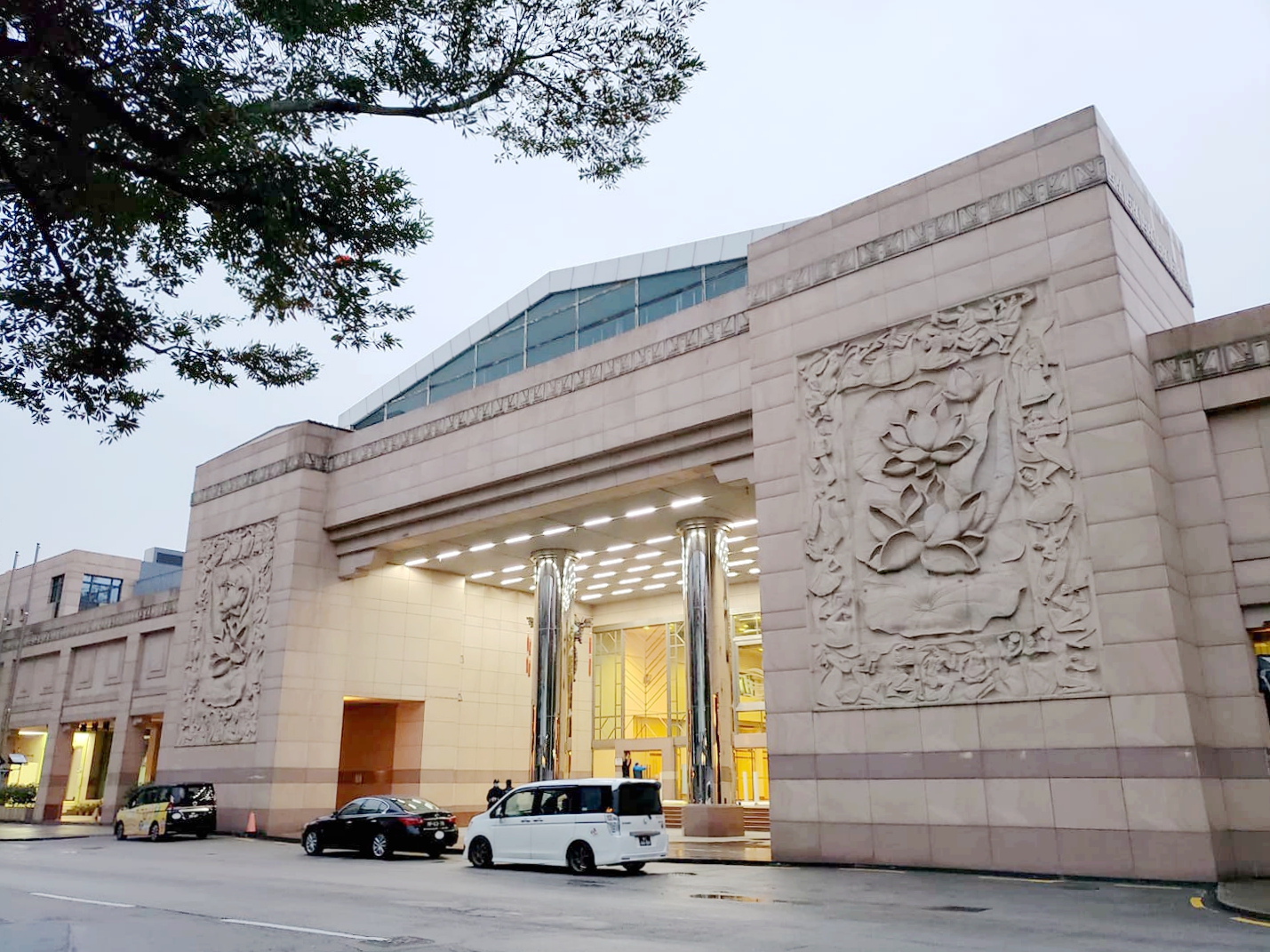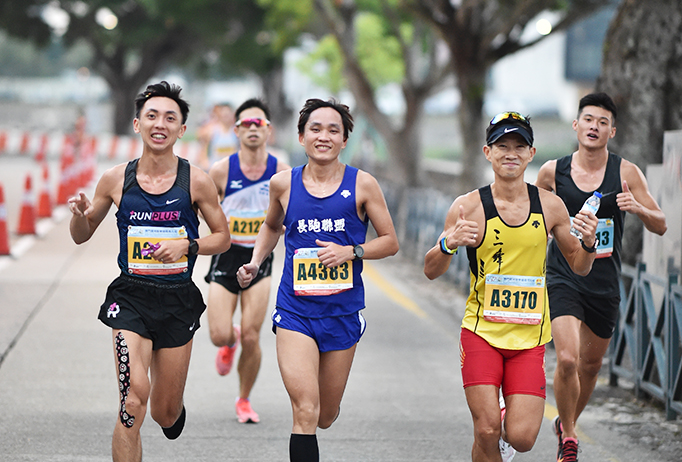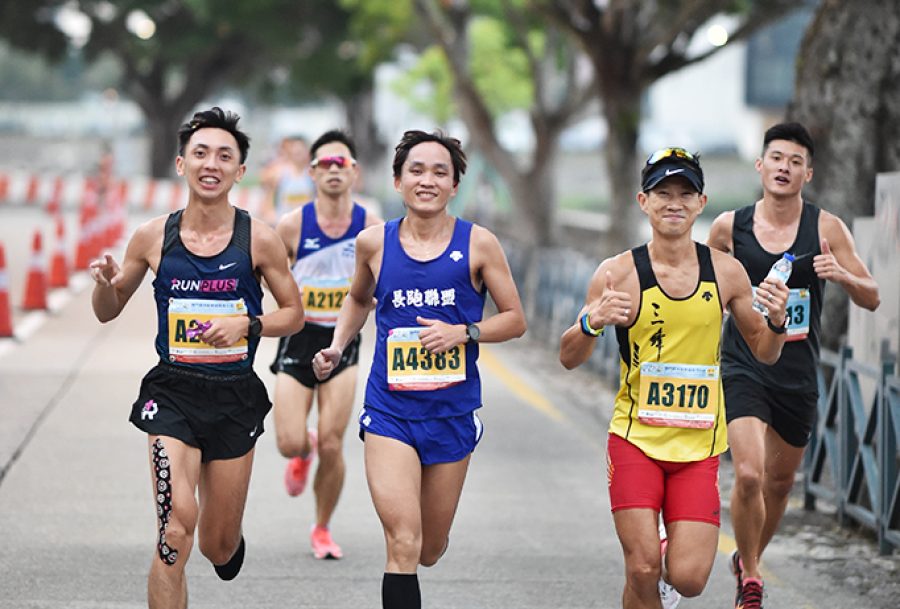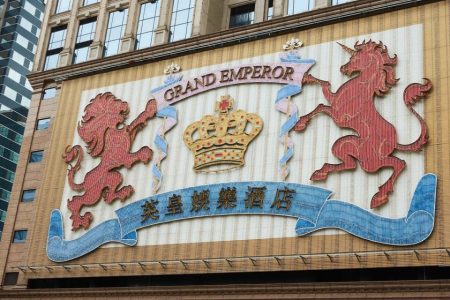Athletes and performers who have been fully vaccinated against Covid-19 will not need to take a nucleic acid test (NAT) in future.
The Health Bureau’s (SSM) Control of Communicable Diseases and Surveillance of Diseases Department Coordinator Leong Iek Hou announced that the new regulations would cover those participating in sports competitions and performers at festive or recreational events, and also those attending a banquet with over 400 guests.
Leong gave several examples for the festive events or recreational events, such as carnivals, events featuring game booths, fairs, cultural and arts performances, concerts, parades, festivities, and events featuring food stalls.
According to the SSM’s current guidelines on the management of collective festive events and recreational and sports activities, participants in sports competitions and performers at festive or recreational events are required to undergo a NAT before taking part in the respective events, if they cannot wear a facemask and keep a distance of at least two metres from each other during the particular event.
According to the bureau’s current guidelines on the management of group catering events, those attending a banquet with over 400 guests – during which they cannot wear a facemask for over one hour as they are having a meal – are required to present a NAT certificate confirming that they have tested negative for Covid-19 within the past seven days.
The new measure, which takes effect today, means that the two groups of people now no longer need to be tested for Covid-19 before attending their respective events if they have been fully inoculated at least 14 days before the particular event. The government concluded that the two groups of people can be exempted from its NAT requirement if they can present their Covid-19 vaccination record indicating that they have had the two Covid-19 jabs at least 14 days prior.
Leong said that the new NAT requirement exemption aims to encourage more residents to get their Covid-19 jabs.
However, Leong underlined that for the time being the government will not exempt those working in the frozen food sector, those working in the quarantine hotels, and those working at the city’s border checkpoints from its requirement to undergo a NAT regularly.
Leong also announced that with the implementation of the new NAT requirement exemption measure, from 18 July the government will no longer carry out NATs for those taking part in sports or various other events organised by public entities.
Leong pointed out that the government has arranged for those taking part in sports or other various events organised by public entities, such as the city’s annual marathon, to make an appointment for a NAT on a specific booking system, for which they do not need to pay, before the events. Leong said that with the implementation of the new exemption measure, the government now has a two-month transition period during which such an arrangement will continue to be in force, after which the participants will have to book a NAT themselves.

Leong also announced that the government’s new Covid-19 inoculation facility at the Macao Forum complex in Zape will start operating on Thursday, with 2,000 places available per day.
Leong added that from today those aged 60 or over can get their Covid-19 jabs at all inoculation facilities, including the new Macao Forum facility.
The government’s free Covid-19 vaccination drive covers local residents, non-resident workers and non-local students enrolled in Macao. However, all other non-locals who hold a permit to stay in Macao, such as the family members of non-resident workers employed in Macao, have to pay MOP 250 per jab – a total of MOP 500 for the required two jabs.
Macao has not recorded a new local Covid-19 case for 414 days. The city confirmed its 50th Covid-19 case on Sunday, a 31-year-old man who was among the 10 passengers who flew in on a chartered flight from Kathmandu last month. The man has since been identified as a guard employed at Macao’s prison on Coloane.
Macao has recorded 50 Covid-19 cases since 22 January last year, 48 of which have been classified as imported, while two cases have been classified as “connected to imported cases”. The first 49 patients were cured and discharged from hospital, and no fatalities have been reported in Macao, which has been spared a community transmission of the novel coronavirus disease.
Leong also announced that from today those undergoing their 21-day hotel quarantine in Macao after arriving from a foreign country are required to spend seven more days in quarantine if they test positive for the novel coronavirus in an antibody test – also known as a serology test – which is carried out by the SSM during their hotel quarantine period. In which case, Leong said, they are required to undergo 28 days of hotel quarantine.
Arrivals from Brazil, India, Nepal, Pakistan or the Philippines will have their hotel quarantine period increased from 28 days to 35 days if they test positive for the novel coronavirus in an antibody test, Leong said.






